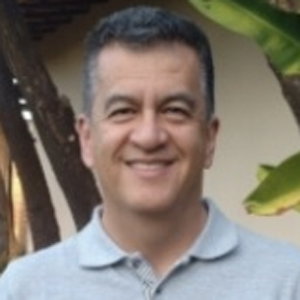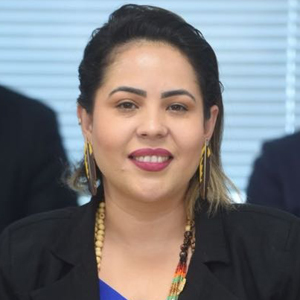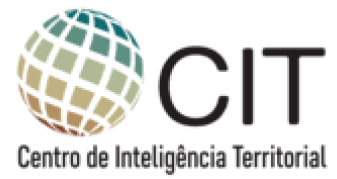To support policymakers and stakeholders in reducing forest loss, the Global Comparative Study on REDD+ (Phase IV) is providing a science-policy platform –in the form of an event series– for sharing knowledge and exchanging perspectives on REDD+ and similar mechanisms in all the countries of the study.
By convening the third science-policy dialogue in Brazil, CIFOR and its partners aim to look back on and draw lessons from the REDD+ projects and initiatives in Brazil in a critical time due to several reasons: first and foremost, the new governmental setting starting in 2023, with changes at both federal and state level, has engendered high expectations for a reversal of deforestation rates. The GCS REDD+ project, therefore, aims to foster debates during the initial stage of this new context. Secondly, Brazil needs to update its National REDD+ Strategy (ENREDD+, Portuguese acronym), and last, the recent reinstitution of the Amazon Fund further raises expectations for increased efforts to reduce deforestation. The science-policy dialogue series aims to contribute to these efforts by opening up debates to inform policies based on available scientific knowledge of both backward-looking and forward-looking nature.
























